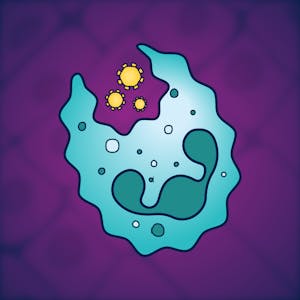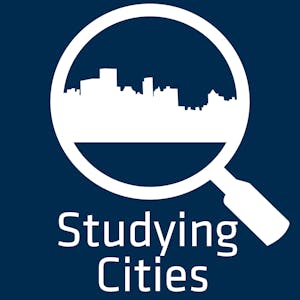Immunology: Innate Immune System
About this Course
Our immune system relies on an innate and an adaptive arm that communicate and collaborate to provide us with an optimal response against pathogens. This course focuses on our innate immunity which provides us our first, fast and inherited defence against infections. In this course, you will take a closer look at the mechanisms and cellular components involved in this swift response that occurs within minutes of exposure to a threat. Throughout the course, and guided by our active researchers, you will have opportunities to recognise its key protective mechanisms and to explain their importance for our overall health. You will learn about the mechanisms it uses to inform our adaptive immune system of the presence of a threat, and understand how some environmental factors, such as our own internal microbiome, influences it. Finally, you will have opportunities to reflect on current related issues and controversies in this fascinating field of research.Created by: Imperial College London

Related Online Courses
According to internetlivestats.com, there are over 1.58 billion websites of which 200 million are active websites. This number is constantly growing with most businesses leaning towards building... more
Why are some groups healthier than others, and how do these differences emerge and persist over the life course? How do social policies (e.g., housing, transportation, employment) relate to health... more
Based on four of the most popular courses taught at the Wharton School, Achieving Personal and Professional Success is designed to introduce the tools and techniques for defining and achieving... more
This comprehensive Analytics, ROI, and Evaluation program will equip you with the skills needed to excel in modern marketing. You\'ll learn to measure, analyze, and optimize marketing performance... more
Welcome! Are you looking to learn more about how to conduct scientific research, specifically in an urban or local context? Then you have found the right course: Studying Cities: Social Science... more








